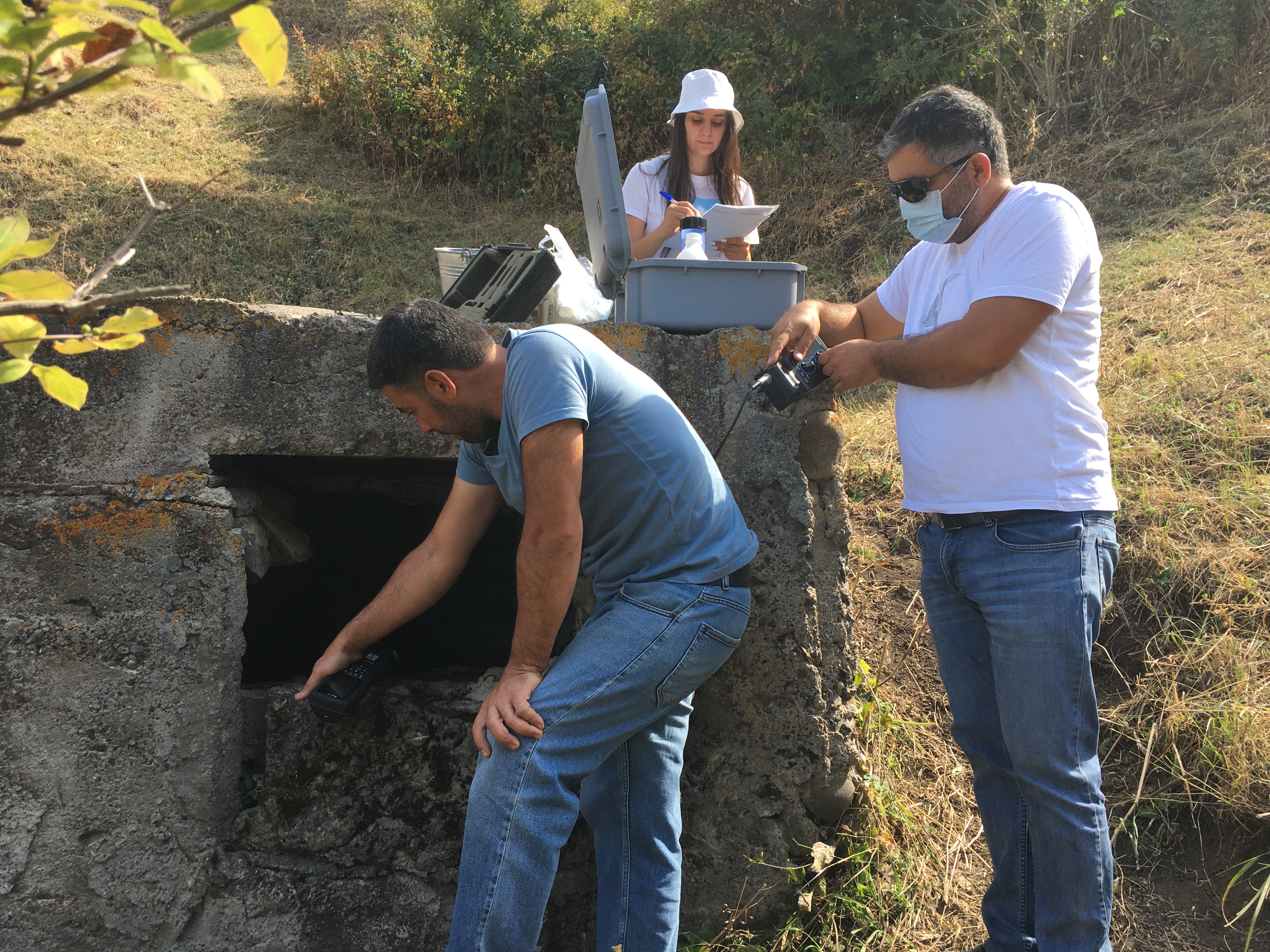With the support of “EU4Environment – Water and Data Program” and UNECE, draft groundwater quality and quantity norms were developed in Armenia in 2024 as a major step towards harmonization with the principles and approaches of the EU Water Framework Directive. In the absence of such norms, classification of groundwater bodies was done using expert judgment, without any reference values or criteria to be compared against.
On November 15, 2024, the Government of Armenia officially approved the groundwater norms through Resolution No 1782-N, which makes it possible to classify groundwater bodies according to qualitative and quantitative status. The qualitative status (good, bad) is defined based on 45 chemical parameters, using the “One out, all out” principle. The quantitative status is defined based on the ratio of groundwater abstraction and the usable groundwater resources.
In the long term, these new norms will bring far-reaching benefits to environmental protection, public health, and economic development in Armenia. By assessing groundwater quality based on chemical parameters and evaluating its quantity in relation to abstraction, these norms enable the early identification of risks, such as overextraction or contamination. Additionally, they provide a basis for establishing environmental objectives as well as planning and implementing measures to improve groundwater status, ensuring sustainable management and protection of this vital resource.
For a detailed overview of the adopted groundwater standards and nitrate pollution control measures, consult the full report: Download the report - EU4Environment Groundwater Norms & Nitrate Zones in Armenia.


